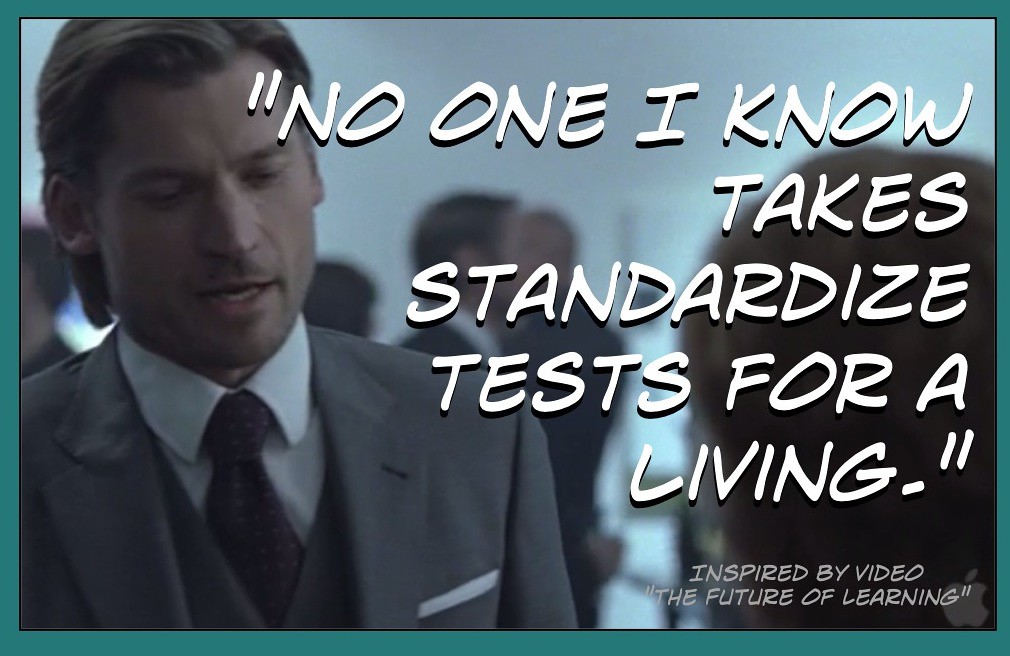BC’s Curriculum is a praxis because it defines what teachers are required to teach in the classroom, however, how they teach has flexibility and must have this flexibility for students that need extra help or needs to be challenged more than the majority of the class. I look at curriculum as a syllabus because it is put in place as a guideline for teachers to follow but aren’t fully tethered to it because learning takes place in so many different ways, this means there is room to detour and come back to it as long as you always have the core competencies in mind. Thankfully, BC’s curriculum has gone through an overdue revamp and with this brings more choices for teachers on ways they can teach students. BC has included more Indigenous content and more ways of learning in the form of FPPL and this is what makes our curriculum stand out from other provinces, we are teaching inclusivity and making it a mission for our classrooms to be inclusive of everyone especially since we are settlers on land that is borrowed.
Alfie Kohn had an extensive list of extremely compelling points regarding grading and the effects it has on both students and teachers. Assessment is very important for teachers but there are many ways to assess how students are doing in the classroom and letter grades are becoming outdated and simply not the best system anymore and Kohn highlights the many reasons it is “Degrading”. A few reasons that stood out to me were 1) grades reduce a student’s interest in the learning itself, 2) grades reduce the quality of students thinking and 3) grades spoil students’ relationships with each other. When teachers put forth a grading system there is instant stress on students, this reduces the interest in actually learning and makes the student focus on only how they can pass or achieve a good grade and sometimes for students that need extra help, that means cheating or not trying and failing. Point two goes hand in hand with number one because the students aren’t going to think critically and ask questions to learn content but rather try and cram to memorize what they think they should know for a test and when they leave the test, they forget what they just wrote. In high school I remember so clearly getting a test back and the immediate chatter following, “What did you get?” or “How did you do” or even “Wow, how did you get that question wrong”. All these questions and statements came with so much anxiety for me because I didn’t do well in math and science class and even if I did do well someone always did better and used that to make me feel bad when I may have felt great about my accomplishment. Therefore, point three is by far the most close to my heart and I don’t want any of my future students to feel like this, just writing this blog and remembering what that was like ten years ago makes my stomach upset.
Unfortunately, my motivation to get good grades in school was so I could earn money because at report card time, each grandparent would pay ten dollars for an “A” and five dollars for a “B”. This meant that my actual learning was impacted because I was just trying to do well on the things that were for marks and counted towards my overall grade. What I remember from high school is having the most trouble in math and having a teacher that taught to the majority of the class but I got left behind because I was too afraid to ask questions. In grade nine math the school offered an “Intro to Math 9” course that wasn’t for credits BUT would act as a course that would set a student up for success if they had trouble in math and it included more one on one time with teacher for help and a teacher that made time after school and at lunch to have you do assignments in the classroom. I remember the extra time teachers took to make sure when they had to grade me on an assignment or a test that I had all the necessary tools to succeed on my own. Does this mean I agree with handing out grades? Does this mean I agree with standardized tests given to everyone with no chance of re writes? No and No! I DO agree with working with students and taking the time to figure out individually how they can be assessed based on their character and work capability. I DO agree with on going assessments and not having a test worth 50 % of a students overall mark because that adds unnecessary stress AND how can teachers expect a student to do a test or project that’s worth that much of their grade and have that student succeed? Assessments take time, and although I believe in the importance of both formative and summative assessments I believe there can be flexibility in both and recognition that some leaners have off days and can’t focus and this is where as teachers we can be flexible with our summative assessments and tailor the particular assignment to a student.
Overall, the use of assessments does shape our classroom and I believe if we look to our pedagogical stance that we can have learning environments that are like a circle, with every aspect working together and forming a community where students WANT to learn and grow, despite how they are assessed.
